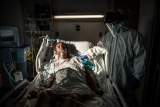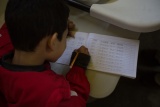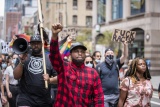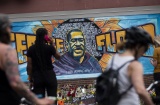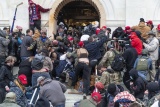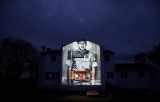
2021 Dart Award Winners Announced
The 2021 Dart Awards for Excellence in Coverage of Trauma went to the Anchorage Daily News / ProPublica for "Unheard" and to Gimlet / Spotify for "Shake the Room"; the Dart Award for Outstanding Coverage of the Covid-19 Crisis went to the Associated Press for "Lives Lost"; Honorable mentions went to TIME, Univision News Digital and the Star Tribune.
